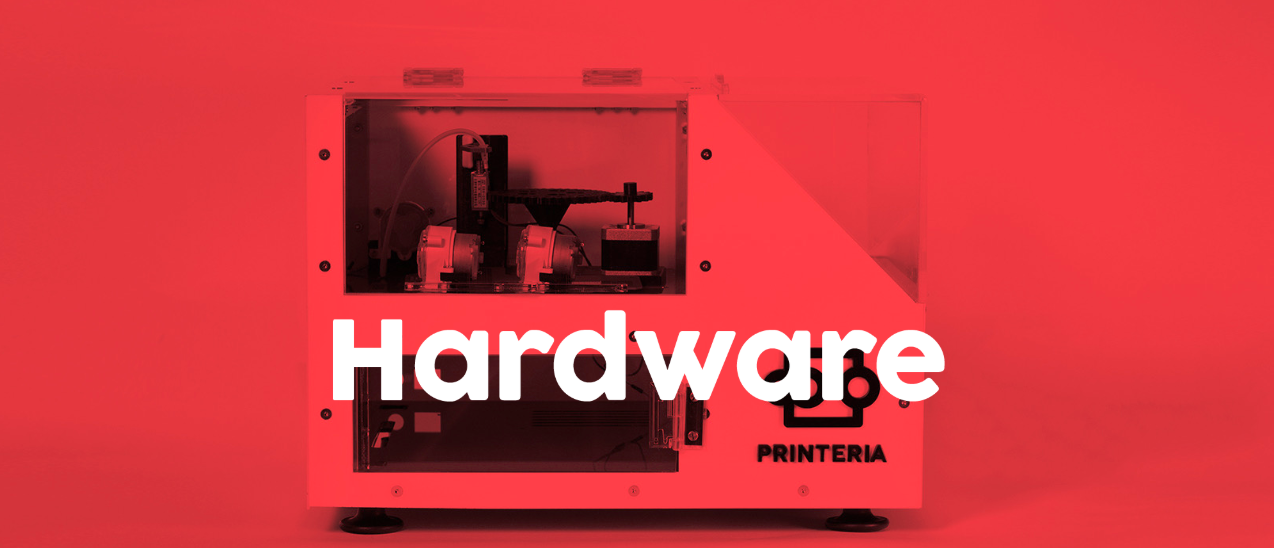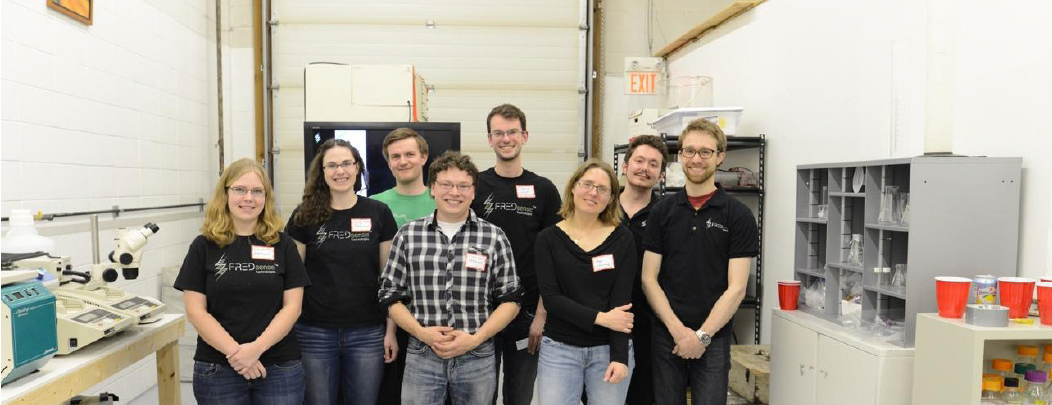Human Practices matters at every stage of your iGEM project
by Tessa Alexanian on behalf of the Human Practices Committee
What kind of problems can synthetic biology help to solve? Could your research have any unintended consequences? Do the people impacted by your work agree with your approach?
In short: will your iGEM project be responsible and good for the world?
Within the iGEM competition, considering questions like these is called Human Practices, or HP. Human Practices plays an important role at every stage of a successful iGEM project.
You can read more about each stage in this cycle on the Human Practices Hub.
Forming a team
A successful iGEM project isn’t only about equations and pipetting! Your team might benefit from the perspectives and skills of people like law students, social scientists, designers, business students, and ethicists. The team that won the Undergraduate Grand Prize last year, Valencia UPV, benefitted from one of their student members and two of their advisors being designers, which helped them to design and brand their accessible, easy-to-use biological printer.
The 2018 Valencia UPV team developed a compelling hardware design with the help of designers.
Choosing your project idea
This year, every team is expected to explain why they chose their project as part of the Project Inspiration Bronze Medal Requirement. Human Practices is a natural part of brainstorming: as you’re thinking about the impact you want to have, consider how society and stakeholders will influence your project.
Your Human Practices work at this stage involves finding the context for your project. Look for real-world problems, then explore the communities, institutions, or individuals affected by the problems. Think about who will benefit and who might be opposed to your work. This is a good time to begin contacting them to understand the context of your project and how you can best help.
For example, Ruia-Mumbai 2018 realized that a large amount of water is used to scrub away the red stains that arise from people spitting after they chew paan, a traditional breath-freshener. The team didn’t find much published data about which paan ingredients are responsible for its intense red color, so they approach paan vendors directly to learn about the ratios used in its preparation.
One of the paan vendors Ruia-Mumbai 2018 consulted to learn about their project idea.
Learning outside the lab
As you develop your iGEM project, you will want to gather feedback from stakeholders such as potential end-users, industry contacts, policy-makers, and members of other relevant communities. You may find that people have concerns about or objections to your project’s intended outcomes, or to the processes you’ll use to achieve them. Take these views seriously—they often highlight important technical and social issues that you have missed.
Even if your project doesn’t have an obvious application outside the lab (as is often the case with Foundational Advance projects), you can use Human Practices as a lens for thinking about the ethical and societal aspects of your scientific process. What do people think about the techniques you’re using? How might this inform your project? Last year, the Montpellier team wanted to test their bacterial contraception on sperm. They documented what they learned about the ethics of human and animal experimentation, and described why they chose to test their project in mice.
Many teams have also explored policy issues related to their projects; for example, Pasteur 2018 examined how difficult it would be to bring to market their synthetic biology solution for connecting to the residual nerves of amputees. They contrasted European and American regulations of medical devices and presented their project at the European parliament.
It’s important to document not only the technical results of your project, but also the results from your social or ethical research. You might want to write down how you plan to collect feedback from stakeholders, how you will manage your project’s societal impacts, and the publications you consulted related to your Human Practices methods. The iGEM HP Hub offers resources to help you get started.
Documentation can be creative—for example, GreatBay_China 2018, the winners of the 2018 High School Grand Prize, produced a series of documentary videos about how they approached the problem of trap-neuter-release programs for stray cats.
GreatBay_China documented their interviews with Fenghua Li, a stray cat rescuer from Beijing.
Validating your work
Engaging with stakeholders doesn’t happen in just one event. You’ll learn more when you go back to stakeholders with new discussion points, adaptations to your projects, clarifying questions, or additional insights.
For TU Delft 2017, several cycles of feedback from dairy farmers allowed them to iterate on the design of their product for detecting mastitis, a disease afflicting cows. They were able to share their designs with dairy farmers and hear what worked and what did not.
What you learn outside the lab may or may not alter the technical direction of your project. Regardless, you should draw on your Human Practices work to construct evidence-based arguments in support of your team’s technical decisions.
A still from TUDelft 2017’s video of Paul, a dairy farmer, using their mastitis detection kit.
Preparing for the Giant Jamboree
As you prepare for the jamboree, consider how to present the results of your Human Practices work in a meaningful and creative way. What process did you follow? What were the outcomes? It will be easier for others to build on your efforts if you document the setbacks you encountered along the way as well as your successes.
How can you accurately represent the opinions of stakeholders you consulted? As you’re preparing to share your project with the wider world, consider re-connecting with the individuals, institutions or communities that you planned to help at the start.
Your wiki is the resource that will be most accessible to future teams trying learn from your iGEM work. Careful documentation of your process and conclusions will allow them to pick up where you left off. You may be able to create resources that can be used by other iGEMers; as one example, the 2017 William and Mary team created a database of past iGEM outreach activities, annotating them with categories like the audience reached, the kind of outreach done (e.g. a panel discussion, fair booth, or survey), and the outcomes of the project.
Sometimes, your Human Practices work will inform how you choose to present your technical results. Team Marburg, the winners of the 2018 Overgraduate Grand Prize, engaged with visually-impaired students from a nearby high school. Their work with these students led to them develop a series of accessibility principles for wiki design and to give a presentation that would be understandable based only on the audio information.
Members of Team Marburg 2018 learn how the visually-impaired students they engaged with solve chemistry problems using tactile feedback from magnetic boards.
… And beyond
The things you’ve learned as part of your Human Practices work—how to identify important problems, how to consult with stakeholders, how to respond to ethical and societal concerns, how to validate your work—will be important throughout your career. As you consider how to make your future synthetic biology projects responsible and good for the world, you’ll be helping Human Practices to progress, in iGEM, and beyond.













